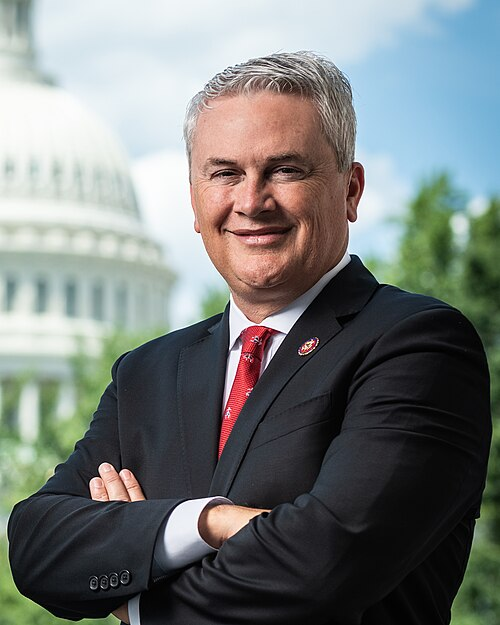S. 2217: Independent Retirement Fairness Act
This bill, known as the Independent Retirement Fairness Act, aims to amend existing laws related to pension plans to better accommodate independent workers, such as freelancers or gig economy participants. Here’s a summary of what the bill proposes:
Pooled Employer Plans for Independent Workers
The bill allows independent workers to participate in pooled employer plans, which are retirement plans that multiple employers can participate in. Key points include:
- Independent workers can enroll in these plans as if they were employees of the employers in the plan.
- Trade associations can also enroll independent workers in these plans.
- Employers or trade organizations can share information needed to manage the pension plans of these independent workers while protecting their status as independent rather than employees.
Simplified Employee Pensions (SEPs) for Independent Workers
The bill makes changes to the Internal Revenue Code that will allow independent workers to be treated similarly to employees regarding Simplified Employee Pension plans. This includes:
- Employers can choose to treat independent workers like employees for pension purposes.
- Specific participation rules allow employers to exclude independent workers from certain benefits.
- Independent workers can set up their retirement contributions differently, such as choosing to use cash bonuses directly into their pension accounts rather than receiving them as income.
- Independent workers will not count as employees for determining employer size under pension rules.
Simplification of Auditing Requirements
The bill proposes to simplify the auditing process for plans involving pooled employer plans. This involves adjustments in the rules regarding how audits are conducted and what accounting principles apply.
Pilot Programs for the Gig Economy
The bill calls for the establishment of pilot programs aimed at facilitating retirement savings for independent workers. These include:
- Allowing independent workers to automatically contribute to retirement accounts by rounding down their earnings to the nearest whole dollar.
- Permitting a set amount to be deducted from their compensation to be deposited in retirement accounts.
Definitions
The bill also provides clear definitions for terms related to independent workers, pooled employer plans, solo 401(k)s, and suspension accounts, ensuring consistency in how these concepts are applied throughout the legislation.
Implementation Timeline
Any changes made by the bill would apply to tax years starting after the bill is enacted.
Relevant Companies
- UBER: As a significant player in the gig economy, any changes to retirement savings programs for independent drivers could directly impact its operational costs and attractiveness to workers.
- LYFT: Similar to Uber, Lyft’s independent driver model could be affected by this bill, influencing how it manages driver benefits.
- AMZN: Amazon’s independent contractors, particularly in its delivery services, could also see changes affecting their retirement savings, which may affect Amazon’s hiring and operational strategies.
This is an AI-generated summary of the bill text. There may be mistakes.
Sponsors
1 sponsor
Actions
2 actions
| Date | Action |
|---|---|
| Jul. 09, 2025 | Introduced in Senate |
| Jul. 09, 2025 | Read twice and referred to the Committee on Health, Education, Labor, and Pensions. |
Corporate Lobbying
0 companies lobbying
None found.
* Note that there can be significant delays in lobbying disclosures, and our data may be incomplete.
















